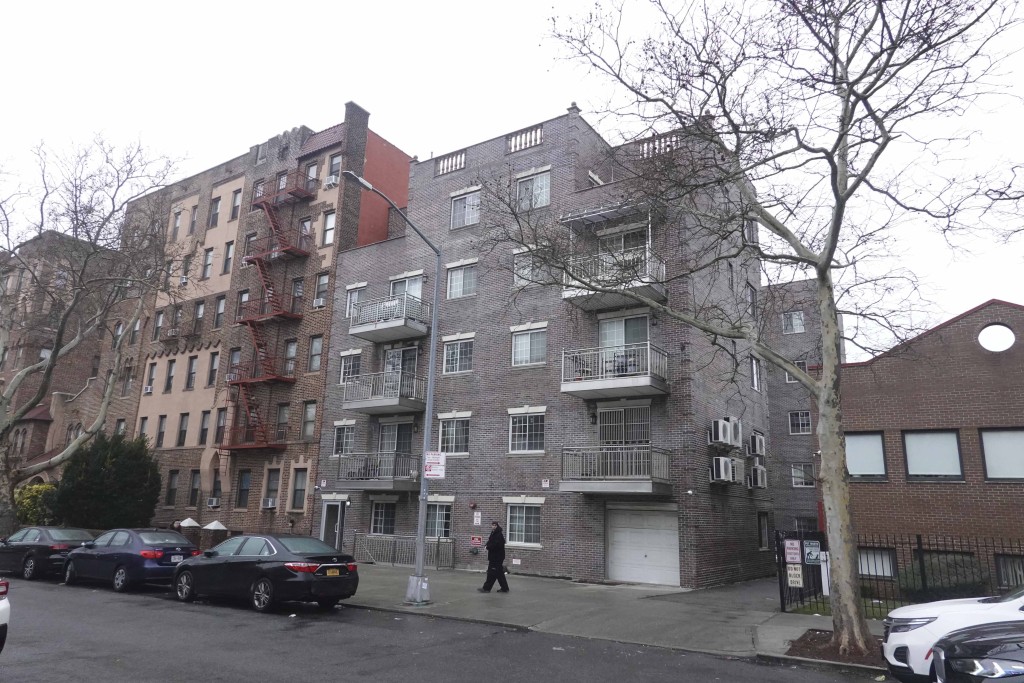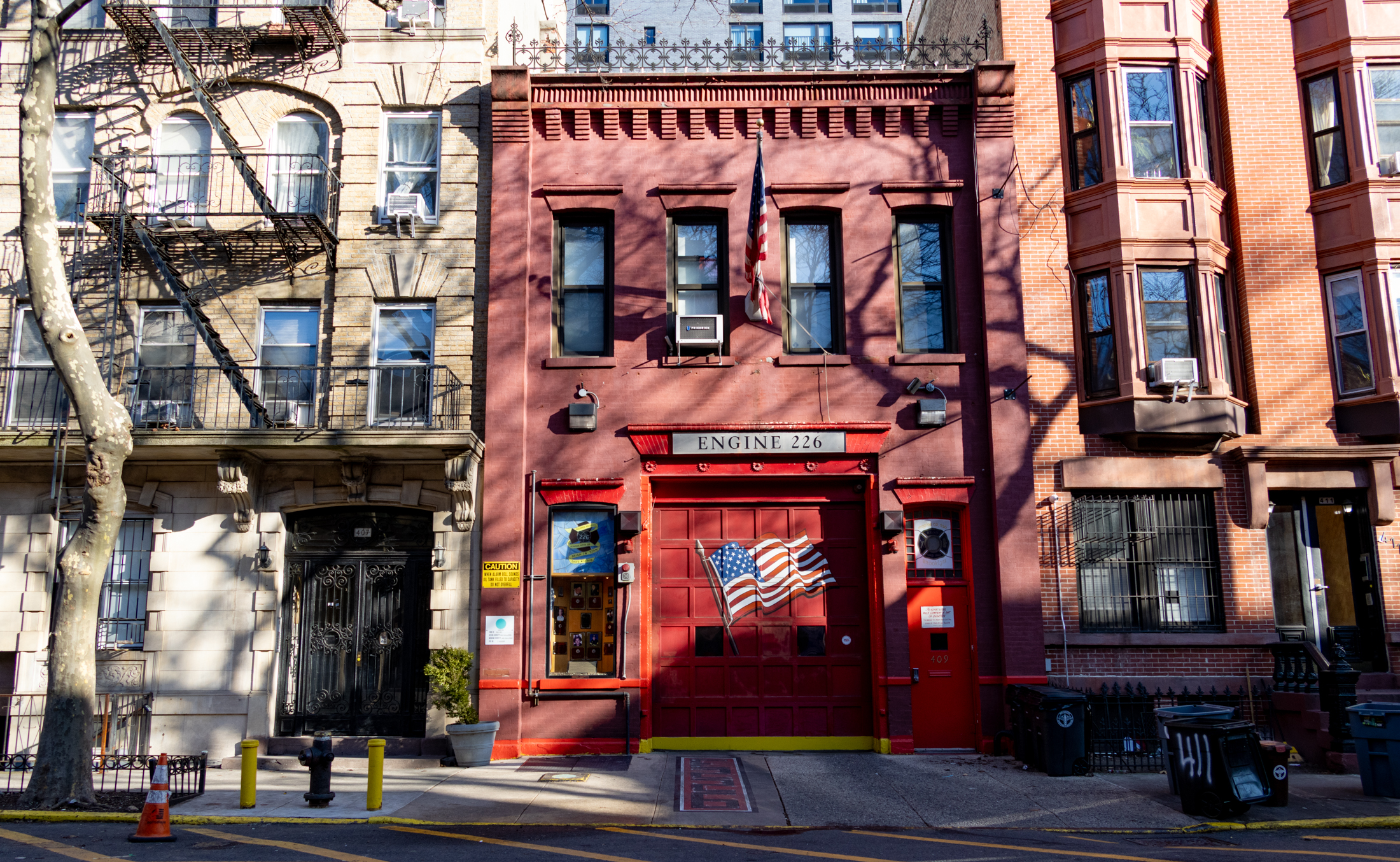Preforeclosures Up, Actual Foreclosures Down
More ammunition for the real estate market bears: Property Shark reports that the number of people in New York City that missed more than three months of mortgage payments rose 20% in the the third quarter of 2006 compared to 2005. In all, 1,468 homeowners missed mortgage payments from July to September, putting them in…


More ammunition for the real estate market bears: Property Shark reports that the number of people in New York City that missed more than three months of mortgage payments rose 20% in the the third quarter of 2006 compared to 2005. In all, 1,468 homeowners missed mortgage payments from July to September, putting them in what’s known as pre-foreclosure. Brooklyn had the distinction of having the four worst nabes: Canarsie and Flatbush each had 37 preforeclosures while Bedford-Stuyvesant had 32 and East New York 31. It’s a warning sign, but it’s not yet a serious problem in terms of the market, said John McIlwain, a senior fellow for housing at the Urban Land Institute, a nonprofit planning and research group in Washington. In more positive news, the number of actual foreclosures in the city dropped from 545 to 425 over the same time frame. Foreclosure in New York can take up to two years, versus about seven months in a place like California. Gotta love the New York legal system.
Missed Mortgage Payments Rise 20% in Third Quarter [NY Times]
Photo by sercasey





A foreclosure hedge-fund. I’m not surprised. Just today I was thinking that there might even already be a hedge fund that succeeds if the economy tanks completely. I guess it helps to have your eggs in several baskets (real estate, hedge funds, etc.)
anon 2:20 – that’s really interesting to me – can you explain that in a little more detail?
is the idea that invesetors are buying the non-performing loans out of already seccuritized bundles of loans and then servicing them (ie. increasing the fees owed and working w/homeowners to get them to pay up) and then ultimately foreclosing when they’ve recooped the investment in purchasing the pool? who is doing this? are the hedge funds having regular servicers service their ‘failing bundles’ ????
more info much appreciated.
from my work i know that some lenders are selling non-performing loans to hedge funds and similar investors rather than go through with foreclosure on their own. for a few points discount, current holders get out now while teh specialists sit back and let default rate interest accrue. they’ll foreclose eventually, once the loan to value ratio approaches 1 to 1.
I would venture to guess that a one of the reasons ‘pre-foreclosure’ or missed mortgage payments is going to be more prevalent in less affluent neighborhoods – is that ’emergencies’ can set a lower income family back a lot more than upper-middle class family.
Say suddenly need a new roof, furnace or big medical bill(who is more likely to not have health insurance?).
An emergency repair for a few thousand might make lower income be late on next mortgage payment.
“Pre-foreclosures Up (20%), Actual Foreclosures Down (22%)â€
Unloading pre-foreclosed properties had to have been relatively easy during the boom that ended last year, thus the drop in actual foreclosures. But now that the market has turned…
“But while more homeowners are in the danger zone, more have also been able to avoid foreclosure.â€
“People — instead of going to delinquency or foreclosure — can sell their property and avoid the mark on their credit. There’s also an ability to take out an equity loan.â€
This worked during the boom because equity appreciation outpaced past due balances. Also, credit was cheap and easy. Now, the feds have raised interest rates and are beginning to put pressure on lenders to tighten standards.
How many of these people will be able to avoid foreclosure by actually holding onto their deeds versus “dumping†their homes below comps?
“It’s a warning sign, but it’s not yet a serious problem in terms of the market.â€
Key Word: “yetâ€
Whether pre-foreclosure or foreclosure, it still puts downward pressure on prices. The foreclosure data in the article was from the good times. Imagine what the future holds. Anyone have data for the $1M+ brownstone market?
“GROWLâ€
I have heard foreclosure in NY is less likely because it’s so slow – people work their way out of it in that time.
But not surprised that it’s the fringe areas seeing it – prices rose way too high. I would guess that those who may have lived in those neighborhoods felt pressure to buy at higher prices than they could afford, or used the increased prices to extract equity. It’s sad, because those are the less wealthy areas and those folks can afford a loss the least.